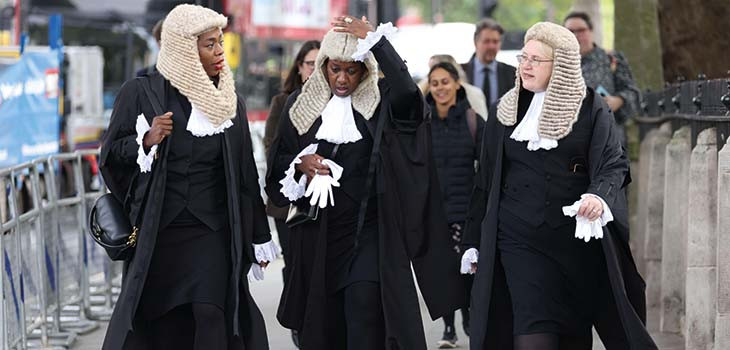
Well that was a surprise!
Those pesky Fixed Costs Rules, which are definitely coming into force on 1 October, are to apply to cases issued from that date onwards. Up until now, the plan was that they would only apply where the cause of action accrued after the date of implementation. One need not be Nostradamus to predict a flurry of issuing before the end of September. While we still do not have the Rules—likely to appear before May is out—the attraction of recoverable costs being at large is irresistible. Personal injury practitioners who feel they have endured years of reform are given a treat. Accident cases will only be within the new regime where the cause of action accrued in or after October. For disease cases the critical date is that of the letter of









